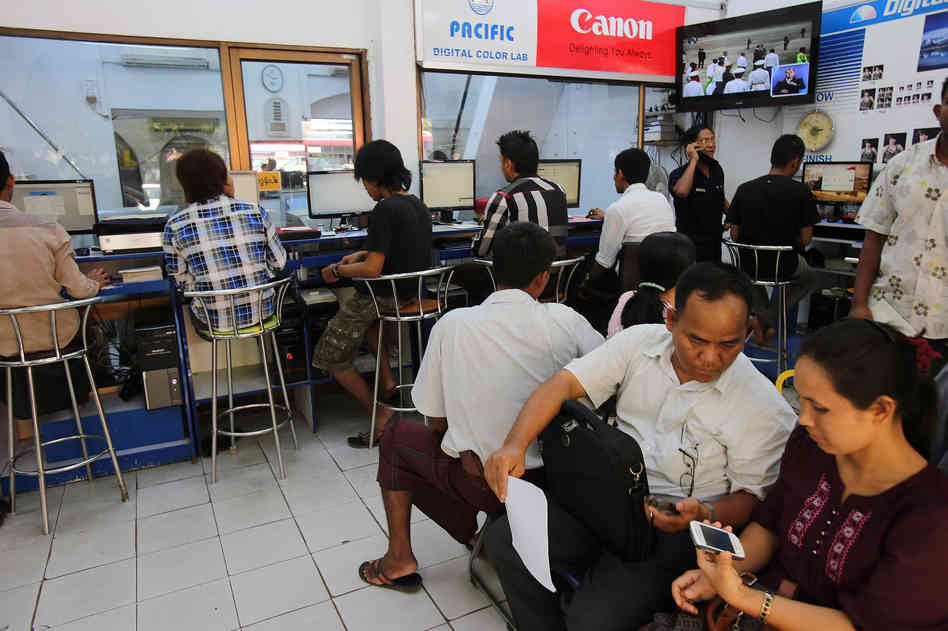Telecom Lead Asia: Myanmar is planning to invite bids for providing Internet services and building a national fiber optic network.
Myanmar has 14,000km of fiber and some 1,800 telecom masts.
Myanmar, which is opening its telecom market for foreign telecom giants, has received overwhelming response from global mobile operator when they started the bidding process for two telecom licenses.
For bagging telecom license, Myanmar received bids from Airtel, Axiata, Digicel, France-Tel, KDDI, Millicom, MTN, QTel, SingTel, Telenor and Viettel. On June 27, the Myanmar government will announce the winners for the 2×5 MHz on 900 MHz and 2×10 MHz on 2100 MHz licenses.
“There are lots of opportunities in Myanmar’s telecom sector. While we have called for tenders for the two telecom licenses, our plan is to invite participation for providing Internet services,” said Thaung Tin, deputy minister for communications and information technology.
There is a need for 15,000 telecom towers and thousands of kilometres of fiber optic infrastructure in the country, according to a Deloitte report on Myanmar’s telecom sector.
Telecom operators including Airtel are seeing big opportunity in Myanmar. Recently Bharti Airtel chairman Sunil Mittal committed around $1 billion to invest in Myanmar’s telecom sector. Airtel is already present in Sri Lanka and Bangladesh, besides India and Africa.
The telecom opportunity for telecom operators in Myanmar is huge as several developed markets are not growing significantly. Less than 10 percent, or 5.4 million of its 60 million population, have a phone subscription.
Myanmar government has set a target of connecting 75-80 percent of the people by 2015-16. Less than 1 percent of its population has access to the Internet, Live Mint reported.
Myanmar needs $650 billion of investment by 2030 to support economic growth, according to a report by McKinsey and Co. Of this, $320 billion is required in infrastructure, including $45-50 billion in telecommunication.






